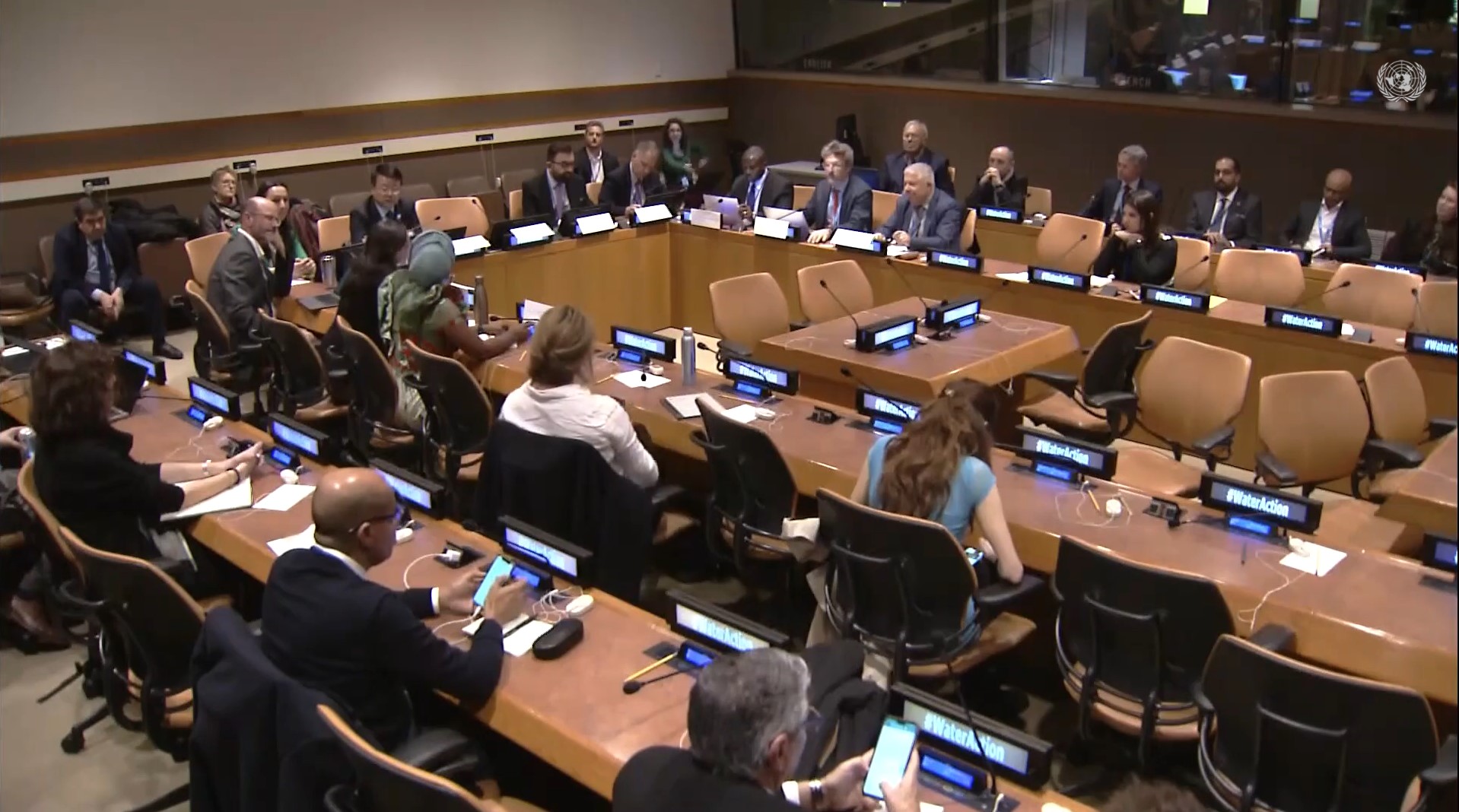WaPOR and the Sustainable Development Goals

WaPOR contributes to achieving the following sustainable development goals:




- SDG 1: to end poverty in all its forms everywhere, by supporting more resilient agricultural systems that can better and more reliably meet the needs of the people that work and depend on them.
- SDG 2: to end hunger, achieve food security and improve nutrition and promote sustainable agriculture, by supporting resilient agricultural systems that draw sustainably from available water resources.
- SDG 6: to ensure the availability and sustainable management of water and sanitation for all, by supporting water management initiatives with robust data that allows informed decision-making as well as supporting solutions that can help water users in agriculture make the most of their share of this dwindling resource, while ensuring that other water users can also get access, including environmental flows.
- SDG 13: to take urgent action to combat climate change and its impacts, by contributing to strengthening of the resilience and adaptive capacity of agricultural systems to climate-related hazards and the unpredictable changes in the weather patterns,
- SDG 15: to protect, restore and promote sustainable use of terrestrial ecosystems, sustainably manage forests, combat desertification, and halt and reverse land degradation and halt biodiversity loss, by supporting increases in the productivity of existing cultivated lands, informing water management efforts that do not compromise on the importance of water flows that are essential to certain ecosystems, contributing to the monitoring of land cover, among others.
Applications and uses of WaPOR data keep expanding as does the user-base and as the project progresses in the beneficiary countries of its second phase (ongoing). While these are the main SDGs that the project contributes to, in a more direct manner, there are ways in which the project can touch on other goals that are dependent on applications and modes of implementation.
Water Action Agenda commitments:
During the 2023 UN Water Conference in March, hundreds of new entries (commitments) were added to the UN Partnership Platform, a global registry of voluntary commitments and multi-stakeholder partnerships made by stakeholders in support of the implementation of the Sustainable Development Goals (SDGs). Two of these commitments feature the WaPOR portal and its data, click to find out more about each:

Water action agenda commitments featuring WaPOR:
- Global monitoring of actual evapotranspiration, biomass production and water productivity through Remote Sensing
- Global Water Data Portal

